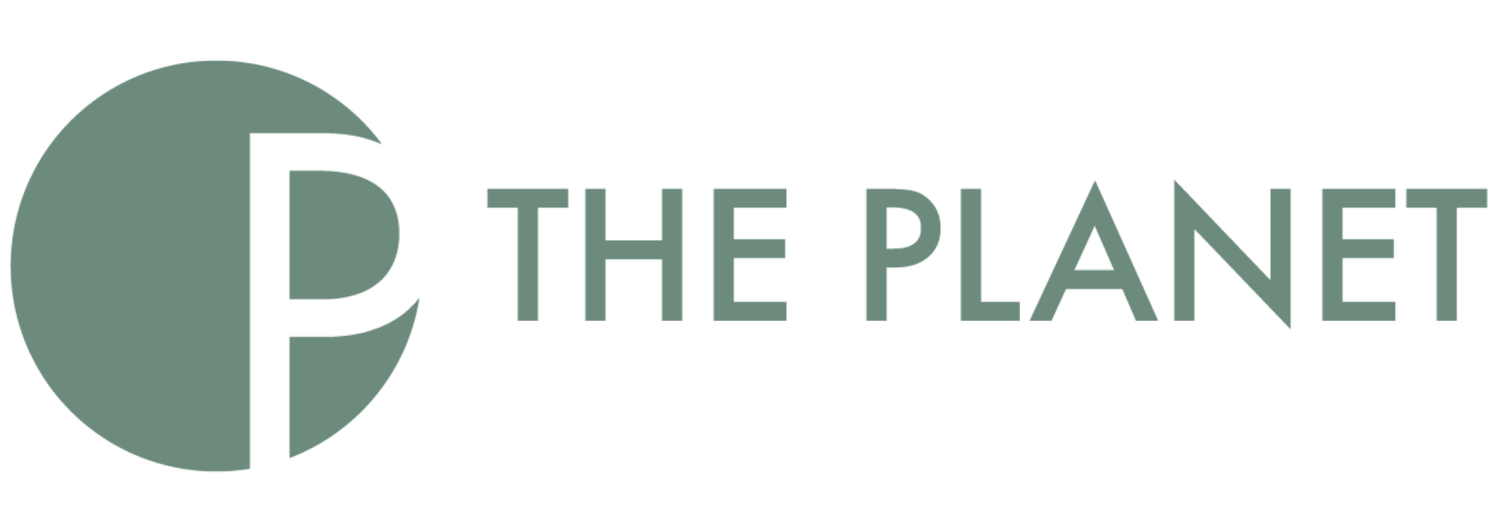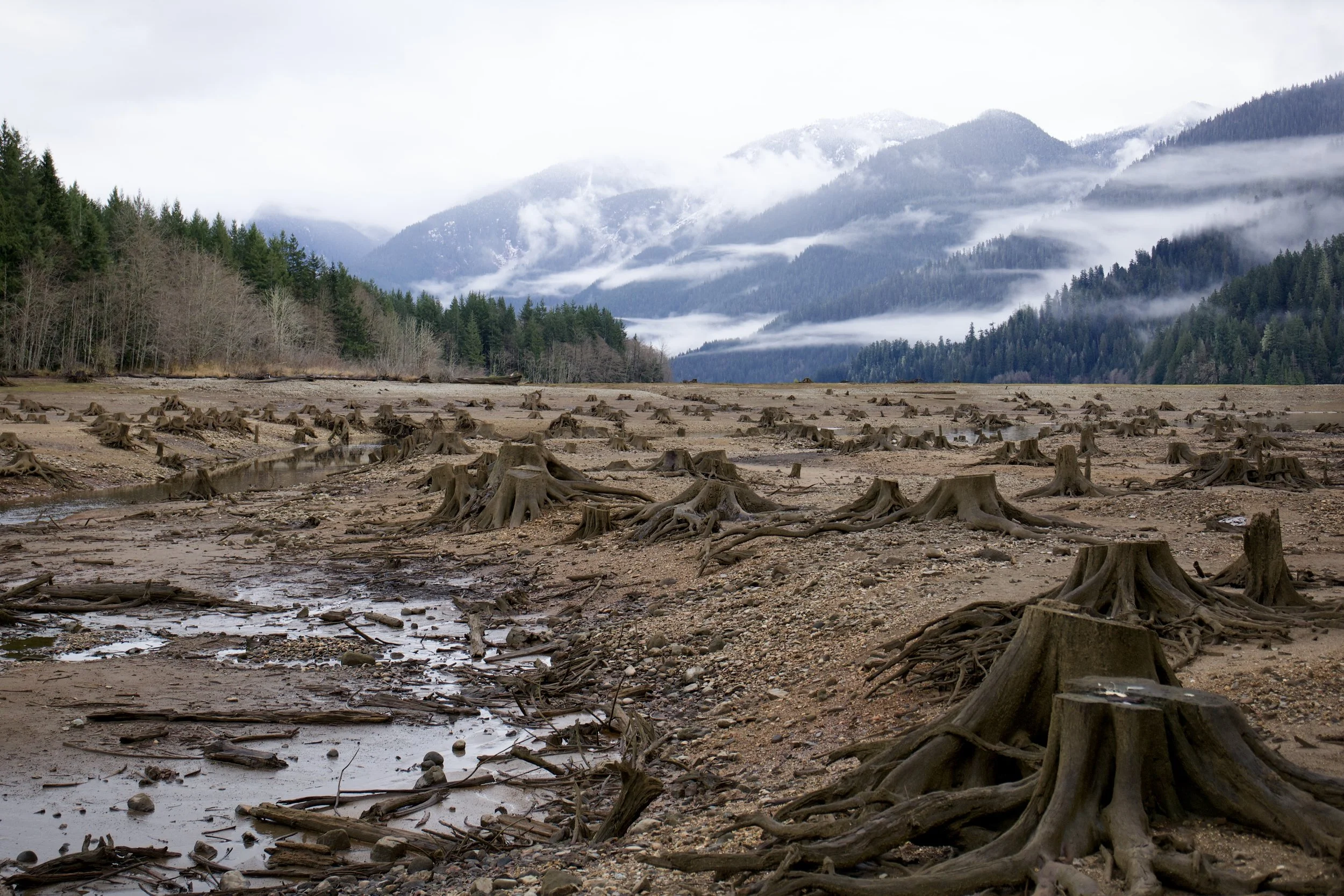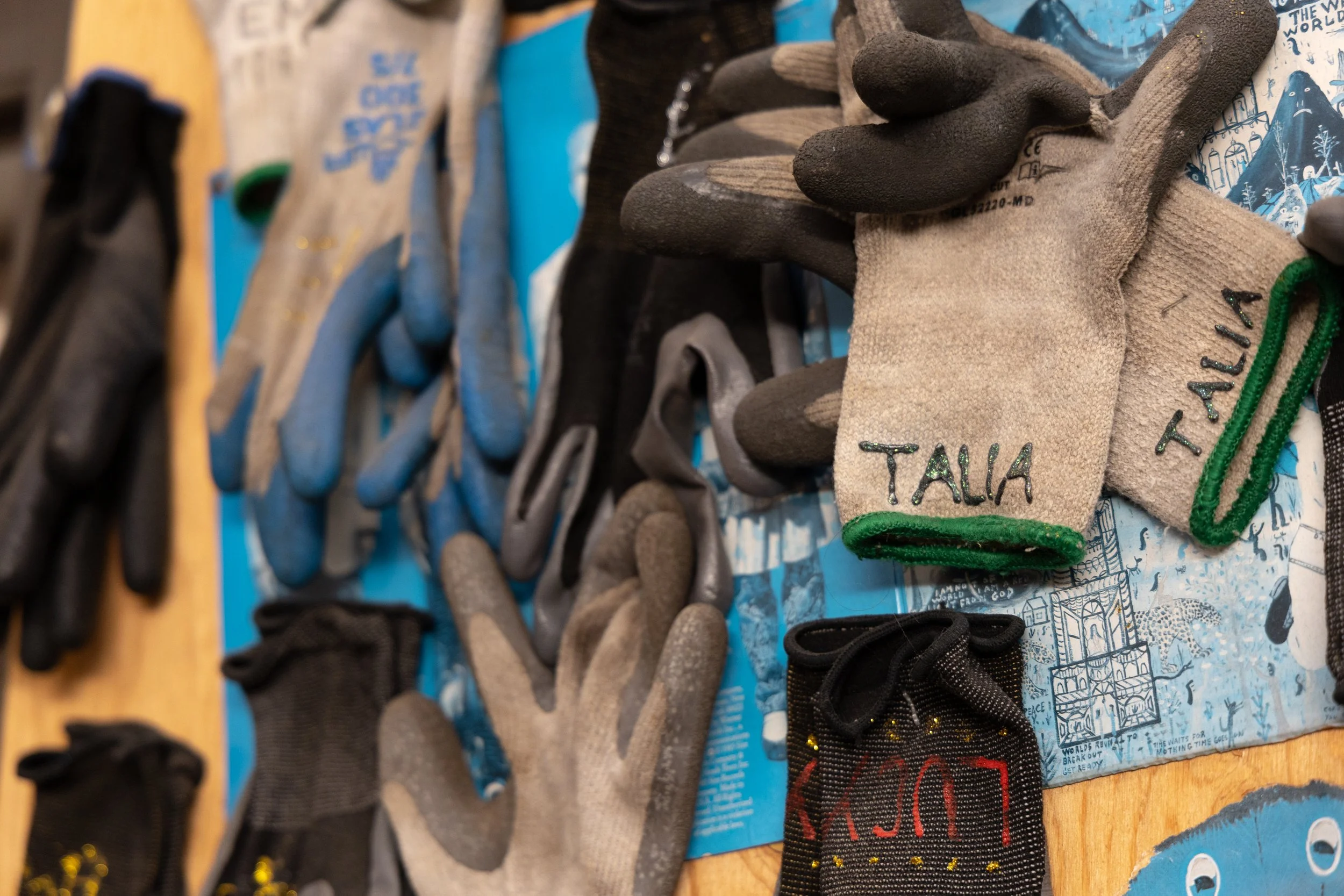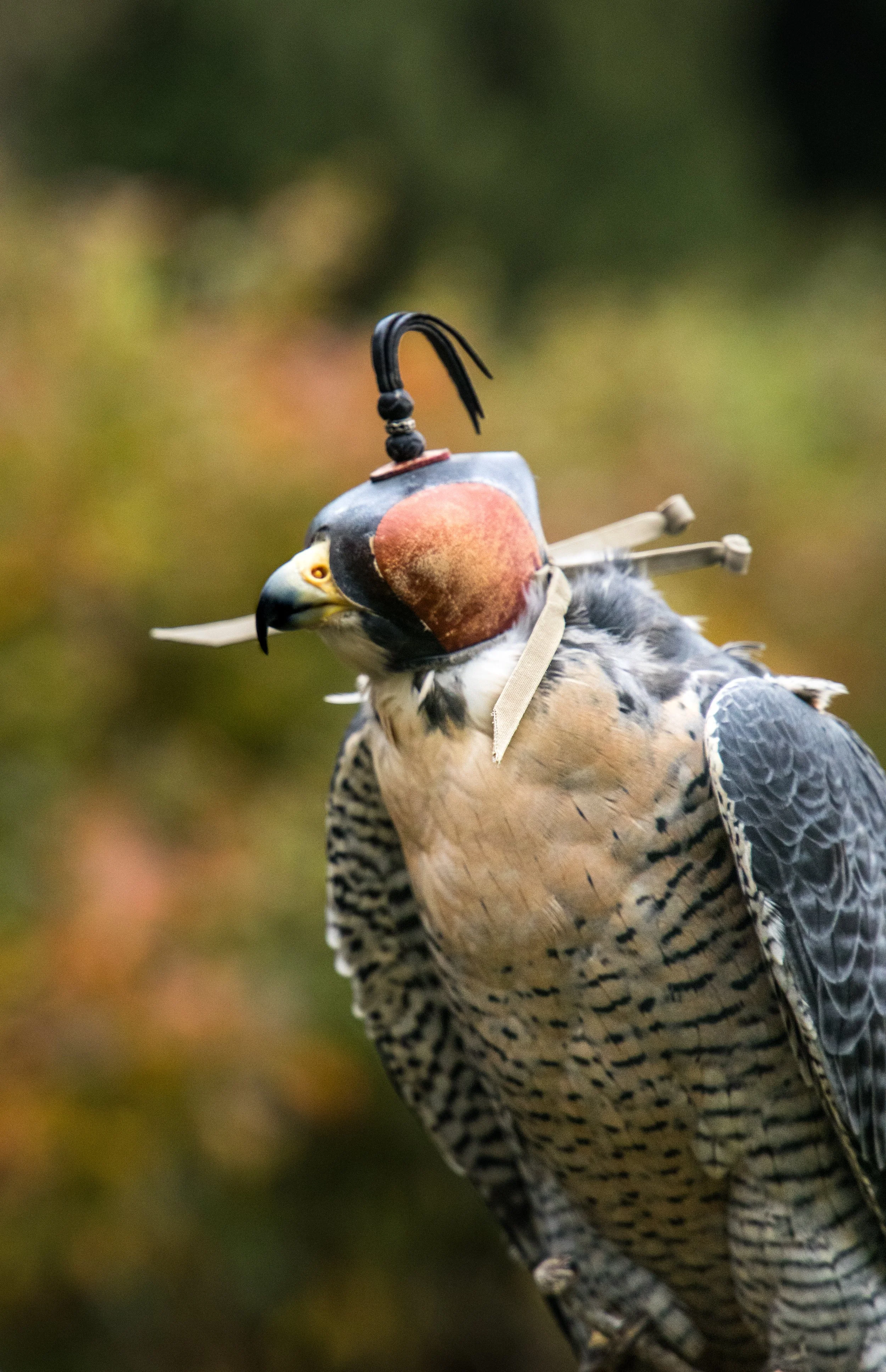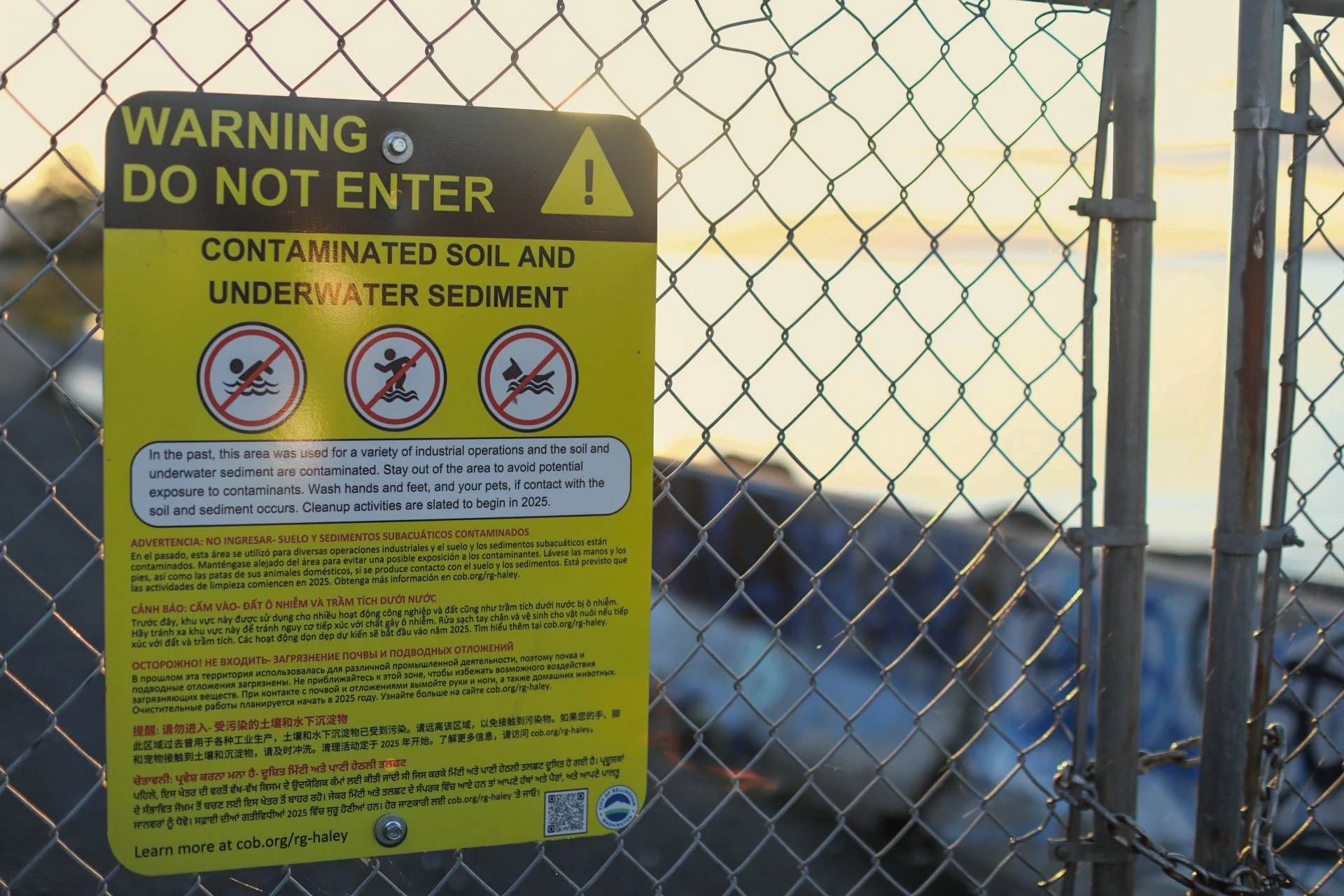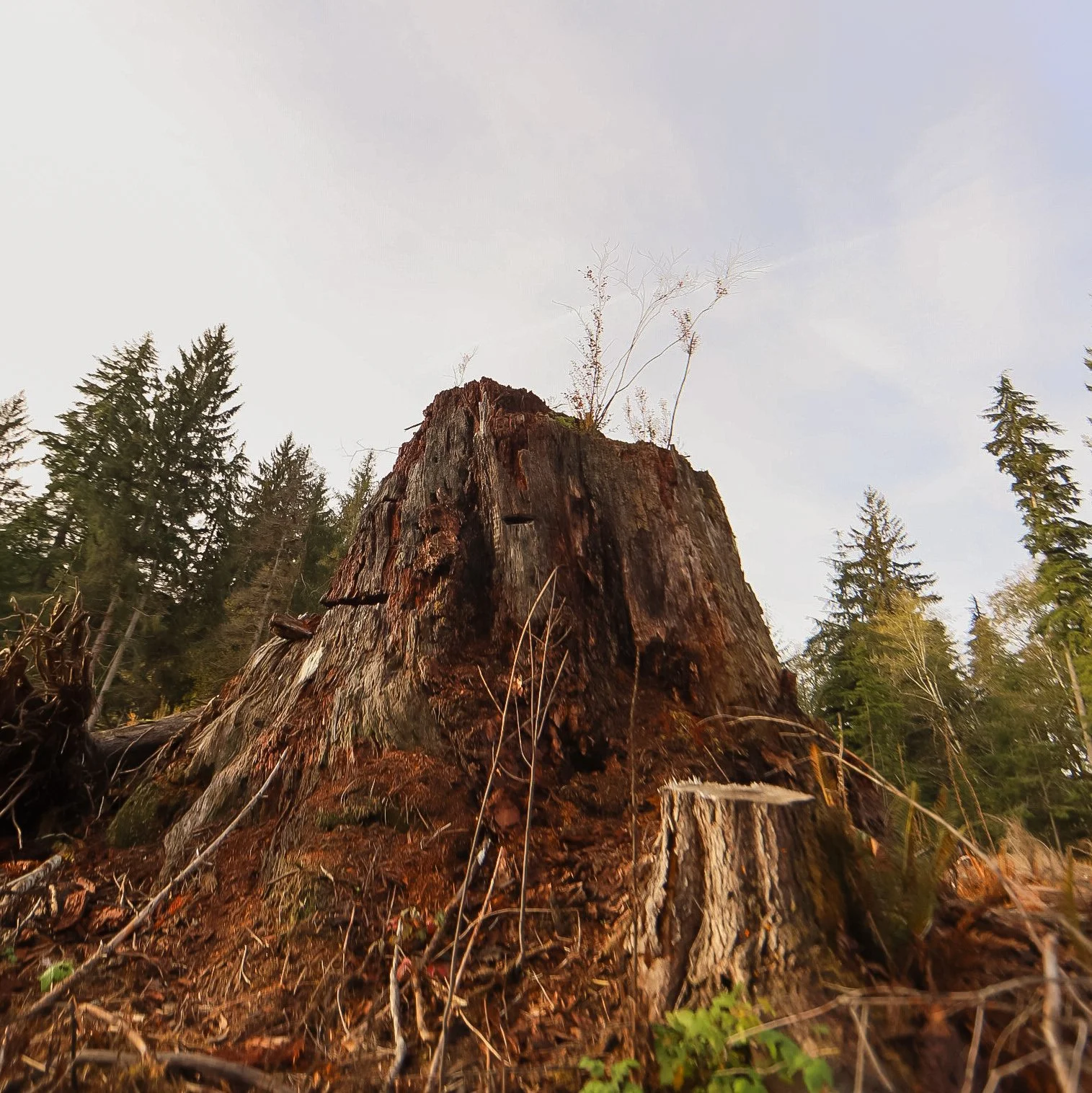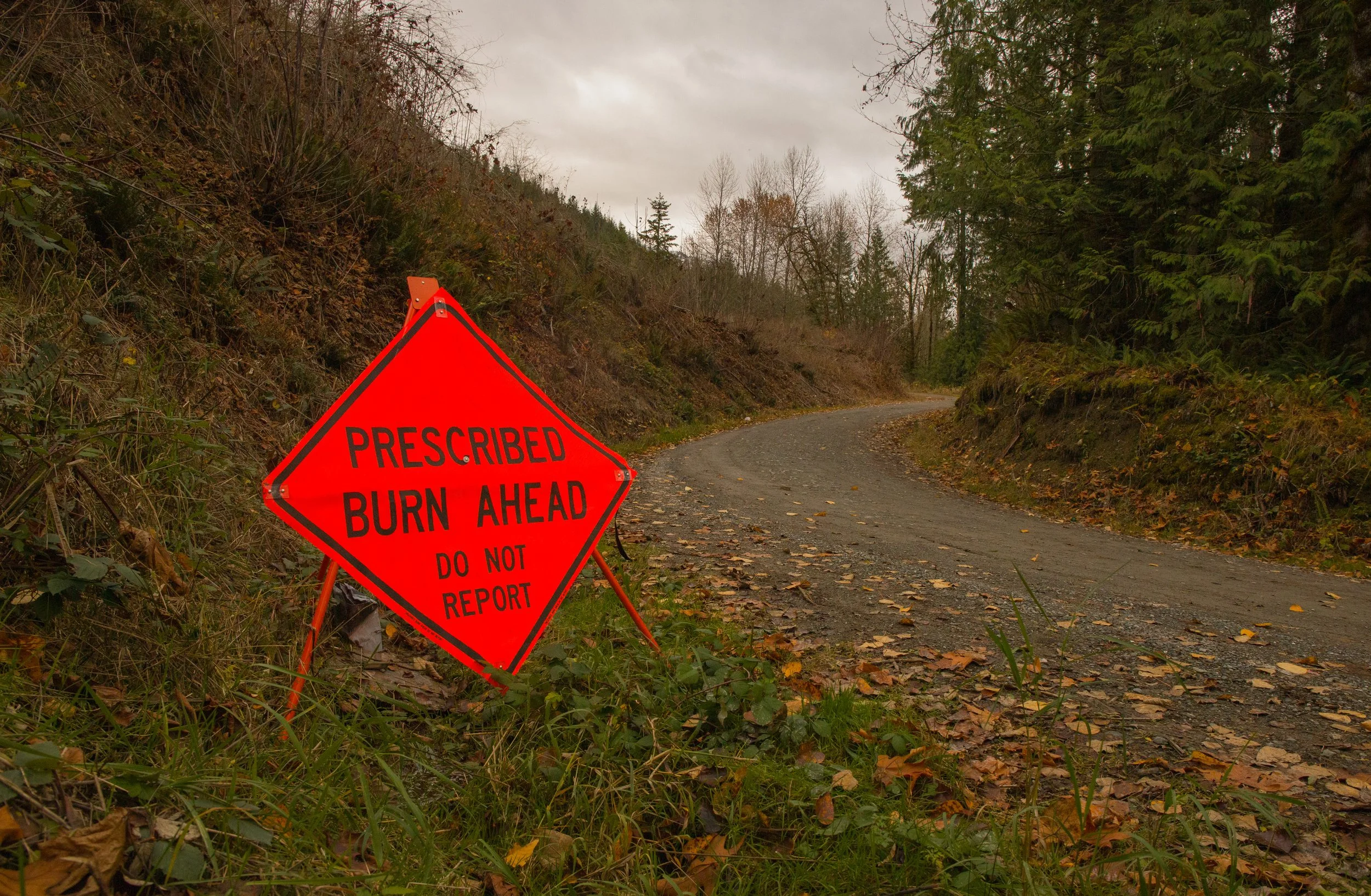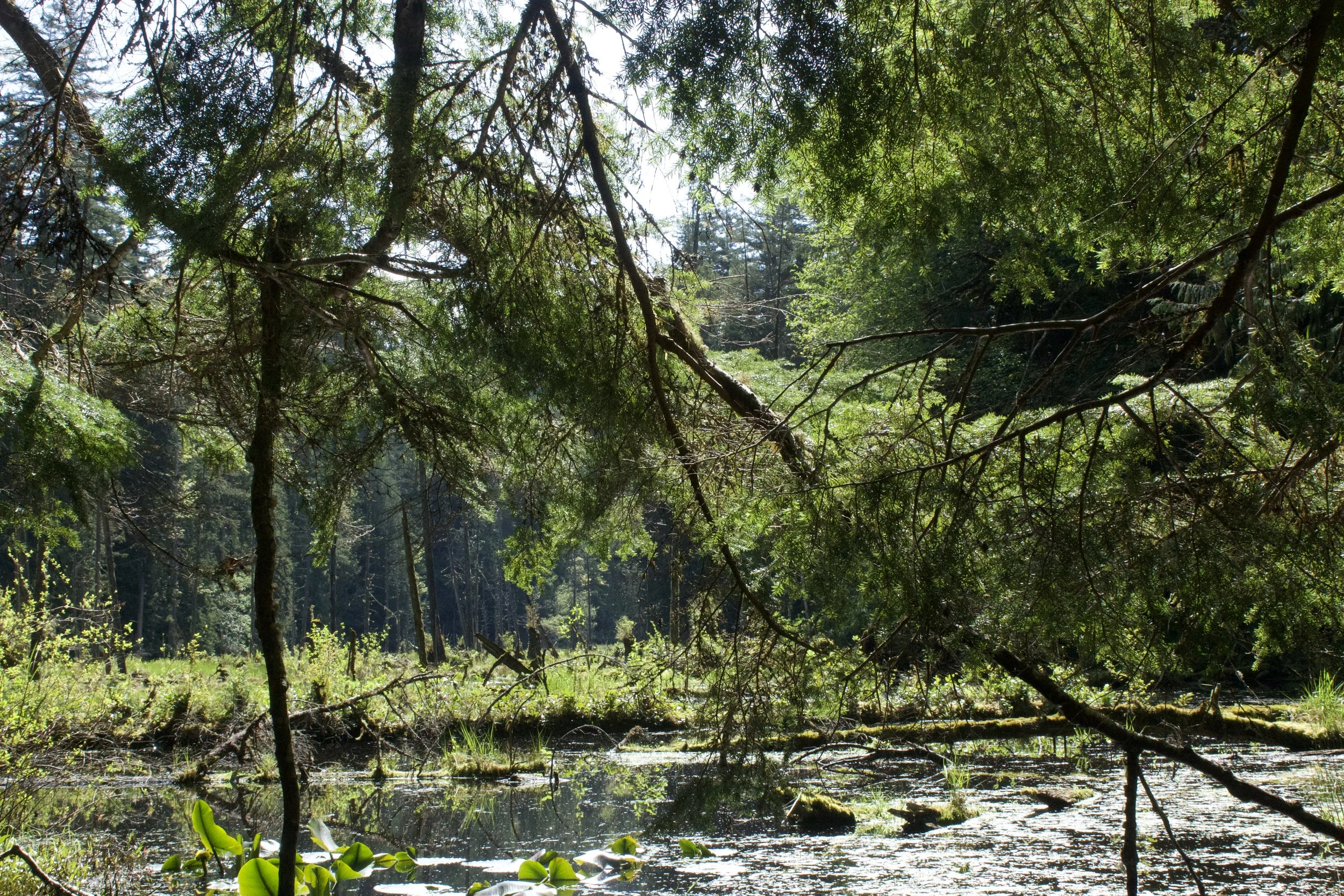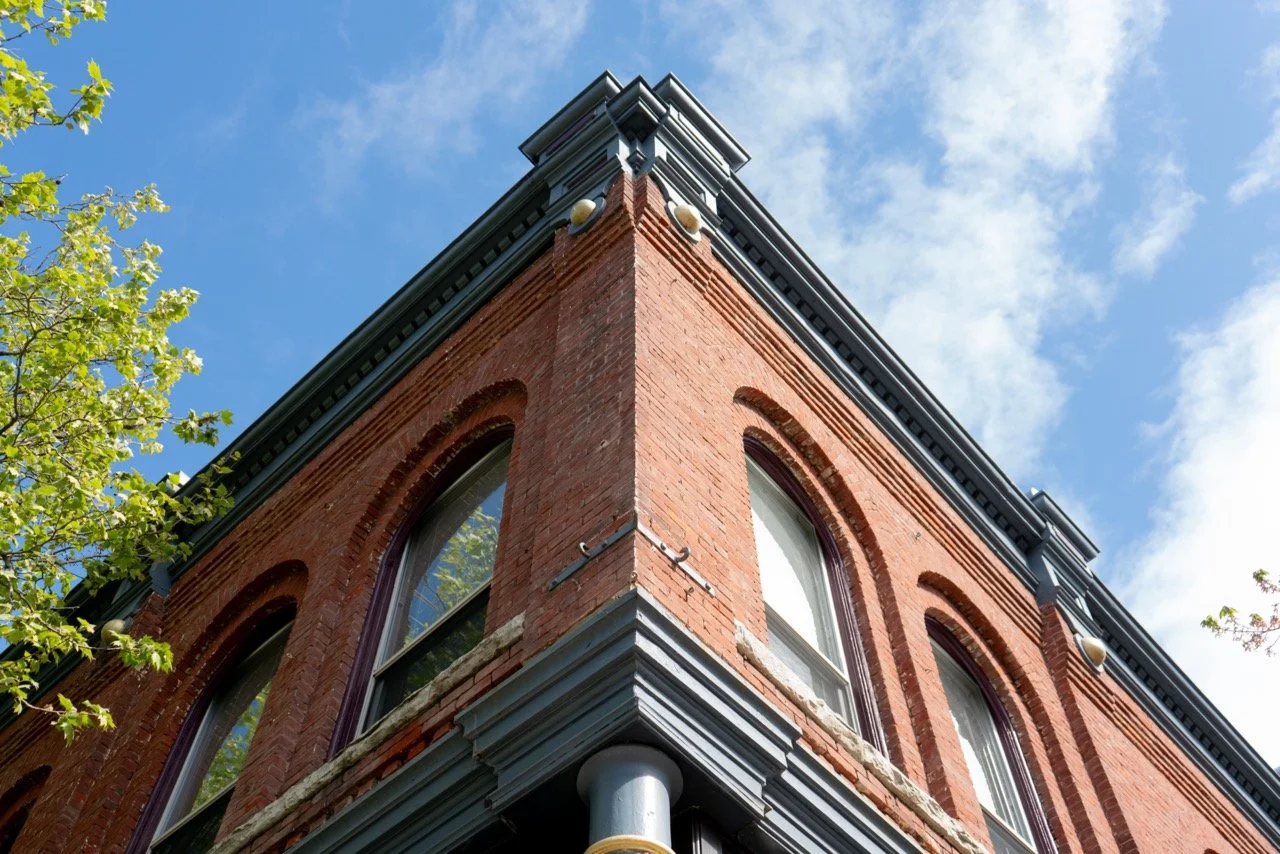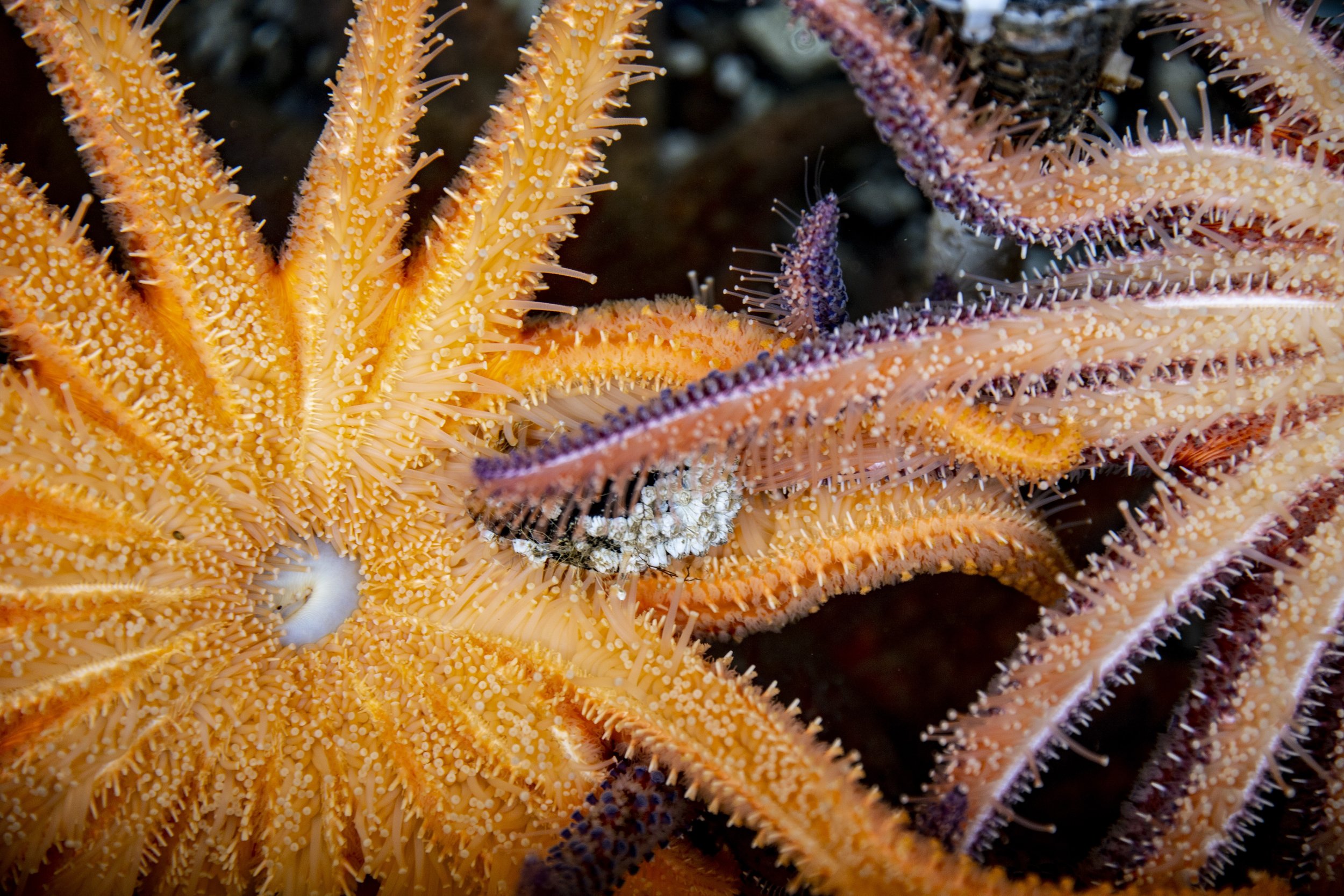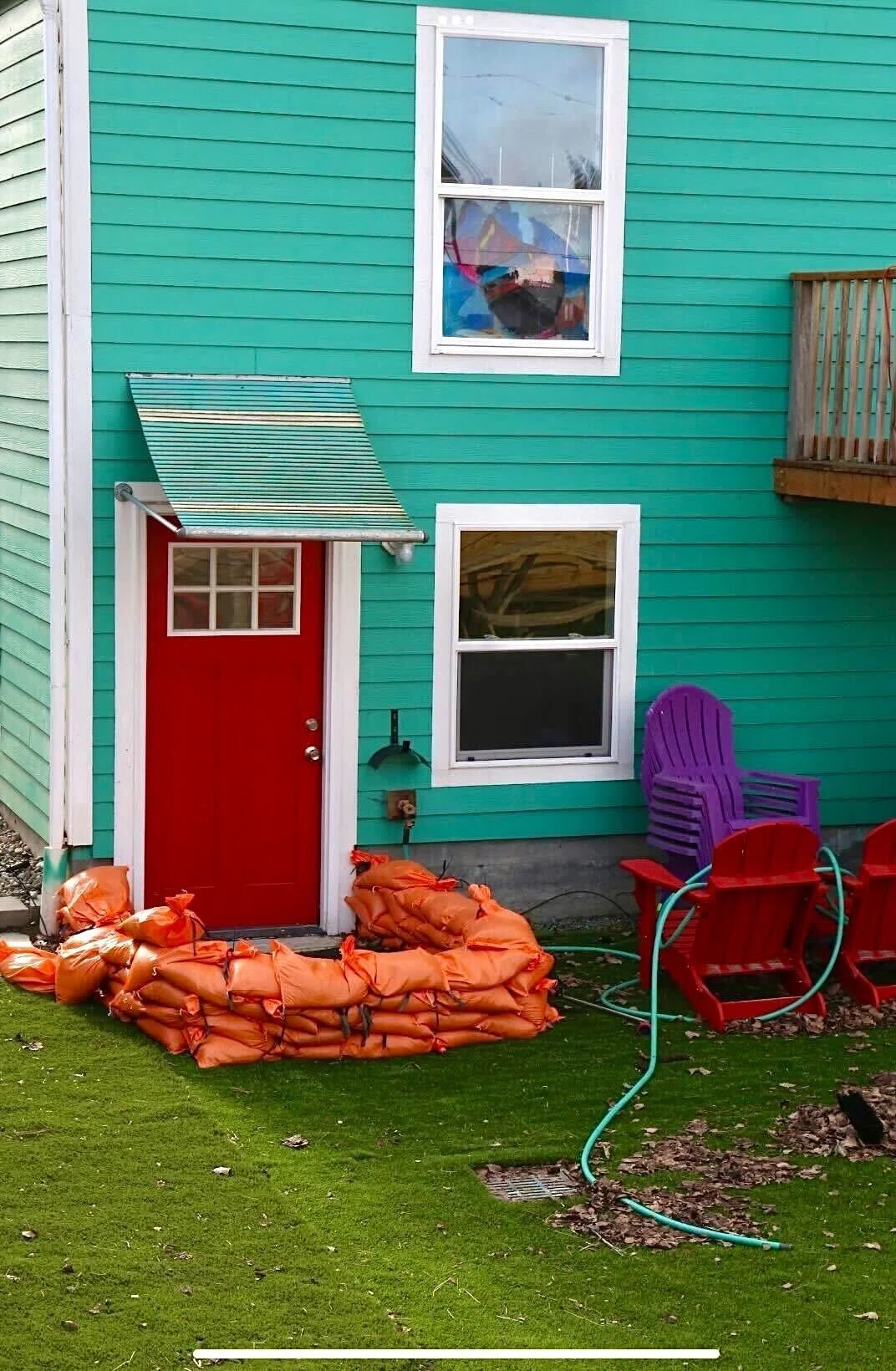Check out the latest from The Planet
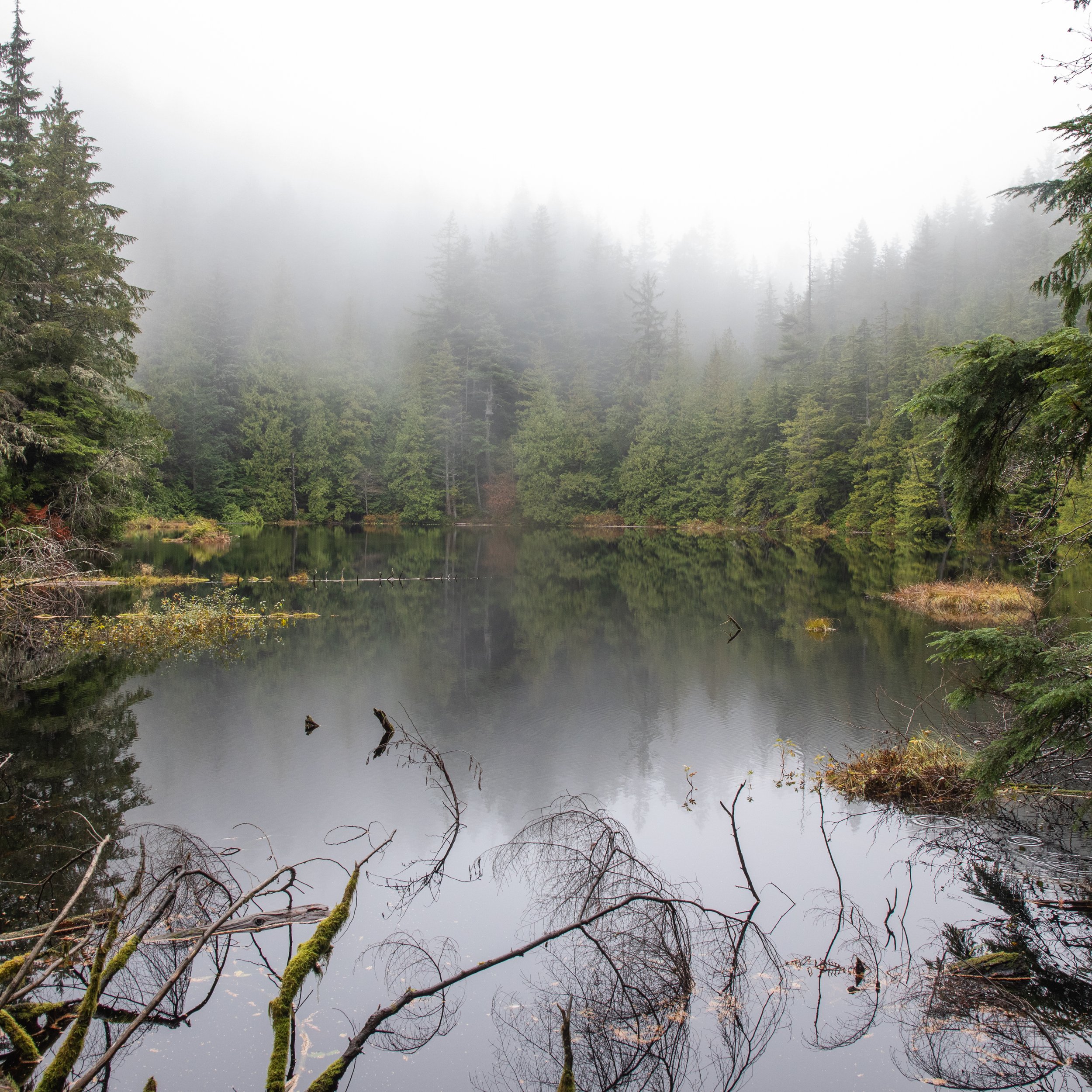
The Nostalgia Issue
Latest Articles
Climate change is creating a new form of grief. Here's how people are dealing with it
After more than 50 years, Western’s student-run Recycle Center has changed hands, raising concerns about sustainability on campus
A top of the line option to control pest birds exists, but local farms can’t justify the cost
Currently contaminated, this site in Bellingham is soon to be the city’s biggest waterfront park
Hidden among the flurry of policy changes by the Trump Administration, the rescission of the Roadless Rule may have far reaching consequences for our public lands
A wildland firefighter’s journey from battling fire to welcoming it
Winter ‘23 - Layers
Featured
